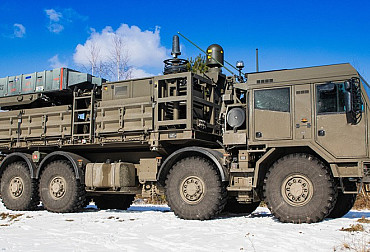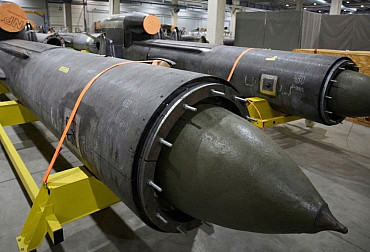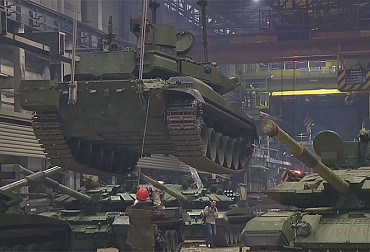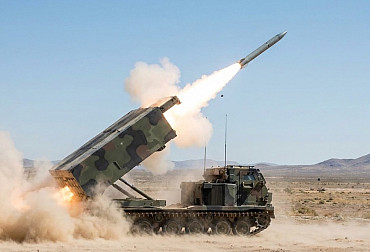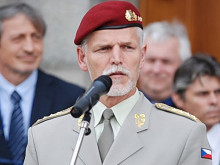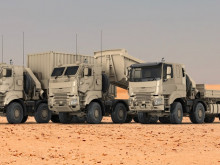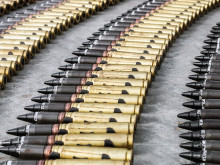To what extent is Turkey a direct threat to Europe
Turkey, a NATO member, has been showing for months that its membership in the Alliance is more than questionable. We are basically talking about literal blackmailing and intimidating Europe with the threats of letting in refugees. Another migration crisis is thus imminent. In this article, we will touch upon what such a crisis can bring, what security aspects we should expect but also what kind of potential help Greece might get from other countries, including the Czech Republic.
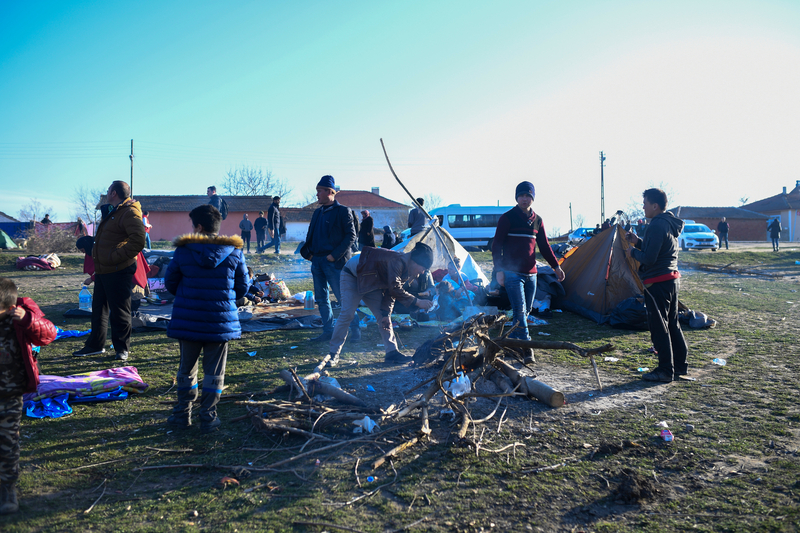
Picture: How long can this critical state on the Turkish-Greek borders be maintained? An actual opening of the borders carries relatively well-known risks. (Picture taken on 3rd March 2020 near Edirne at the Greek border) | Shutterstock
You have certainly noticed in various media that nowadays the Turkish-Greek border is literally under the siege of migrants and thousands more come every day. Some media report that Turkish authorities have actually paid buses that transport migrants directly to the border areas. Frankly, I would not take these speculations lightly. All of the aforementioned information is a result of arrogance, aggression and irresponsible policy of the current President of Turkey, Erdogan. Interestingly, despite all that has been happening lately, the leading representatives of NATO, including NATO Secretary General Jens Stoltenberg, have expressed their support for Turkey. To remain objective, let us mention that Turkey has been doing the "dirty work" for Europe since spring 2016 and has kept refugees behind the border wall in Idlib, not letting them past. All of that was done under the migration agreement between the EU and Turkey. Under this migration agreement, the EU was continuously providing Turkey (among other things) with funds for support and care about refugees. Turkey currently has the largest number of refugees in the world. There should be at least 3.6 million Syrians and hundreds of thousands of Afghans and Iranians.
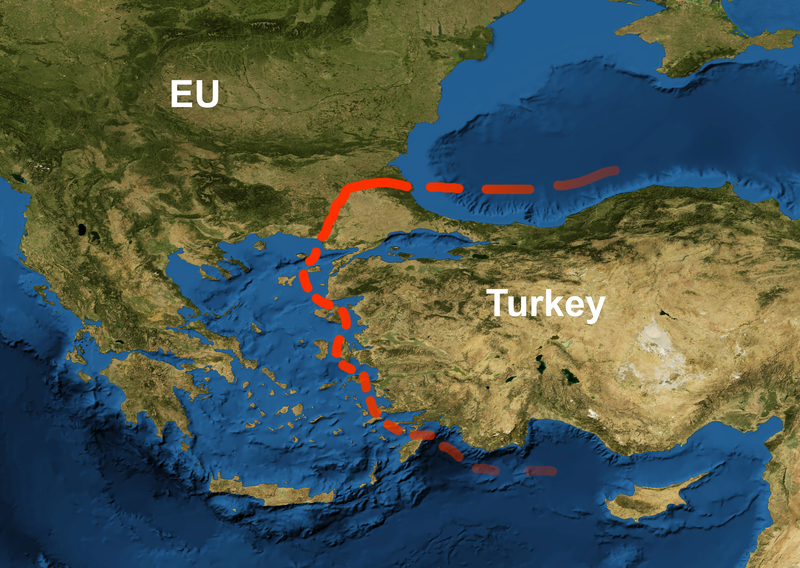
Picture: The border between Turkey and EU on a geographical map | Shutterstock
How long can this critical state on the Turkish-Greek borders be maintained? An actual opening of the borders carries relatively well-known risks. People without identity papers, aggression, illnesses, uncontrolled movement all across Europe and, last but not least, the potential increase in terrorist attacks. All that's at stake. The existing agreements are basically no longer valid. Erdogan literally stated that the borders are now open. “It's just blackmailing by Erdogan. It cannot be explained any other way,” said former Czech Ambassador in Turkey Tomáš Laně. His words were supported by many politicians and celebrities.
Czech Members of Parliament also condemn Erdogan's actions. "Turkey is quite openly accompanying migrants to the Greek border, thereby destabilizes and threatens the entire European Union," said MP Jana Černochová, ODS party. Through its actions, Turkey has ceased to comply with the earlier agreement from 2016, in which Erdogan promised the European Union to help stop the migration wave in exchange for financial assistance. "Of course, the Turks are blackmailing us," said Minister of Culture Lubomír Zaorálek of the ČSSD party. Minister of the Interior, Jan Hamáček, said: "There are still attempts to break the Turkish-Greek border, but there has been no success yet thanks to the intervention of the Greek police and the army.”
What can now be done and what can be expected in the oncoming weeks and months? First of all, it is necessary to express support for Greece not only verbally (there is more than enough of political manifestos and tweets do not help anyone), but action is needed. First Deputy Prime Minister Hamáček said that the Czech Republic is ready to offer Greece financial and humanitarian help and to provide police forces, who have considerable experience with migrants in Hungary or Serbia. It can also be expected that the Ministry of Defence will offer assistance as well. There is a massive deployment of water cannons, tear gas grenades, but also growing aggression of migrants throwing stones, bottles and other objects. The number of injured people is increasing and so a field hospital is a logical help.
Until the member states of the Alliance rise up and clearly show their stance on Turkey and its aggressive policy (which, after all, is also visible in Syria in the form of supporting jihadist groups), Erdogan will still have the upper hand. His words will keep resonating for a long time.
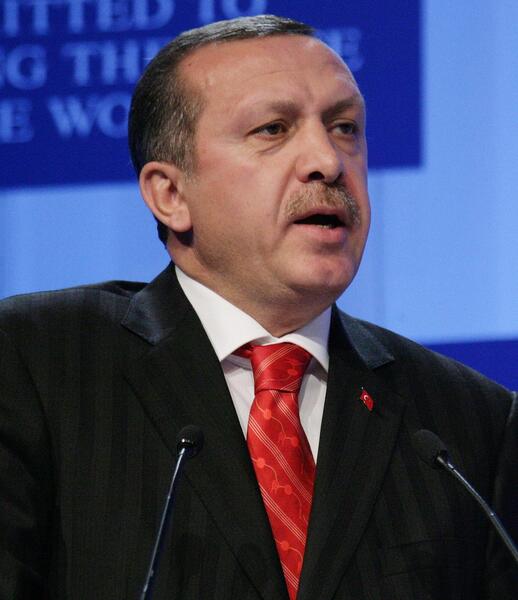
Picture: Turkish president Recep Tayyip Erdogan | Wikimedia Commons
“It's done, the door is now open. Soon the numbers (of migrants) will be expressed in millions,” the Turkish president said recently according to the AFP agency. And this really is not the way an Alliance Partner should behave and express themselves.











